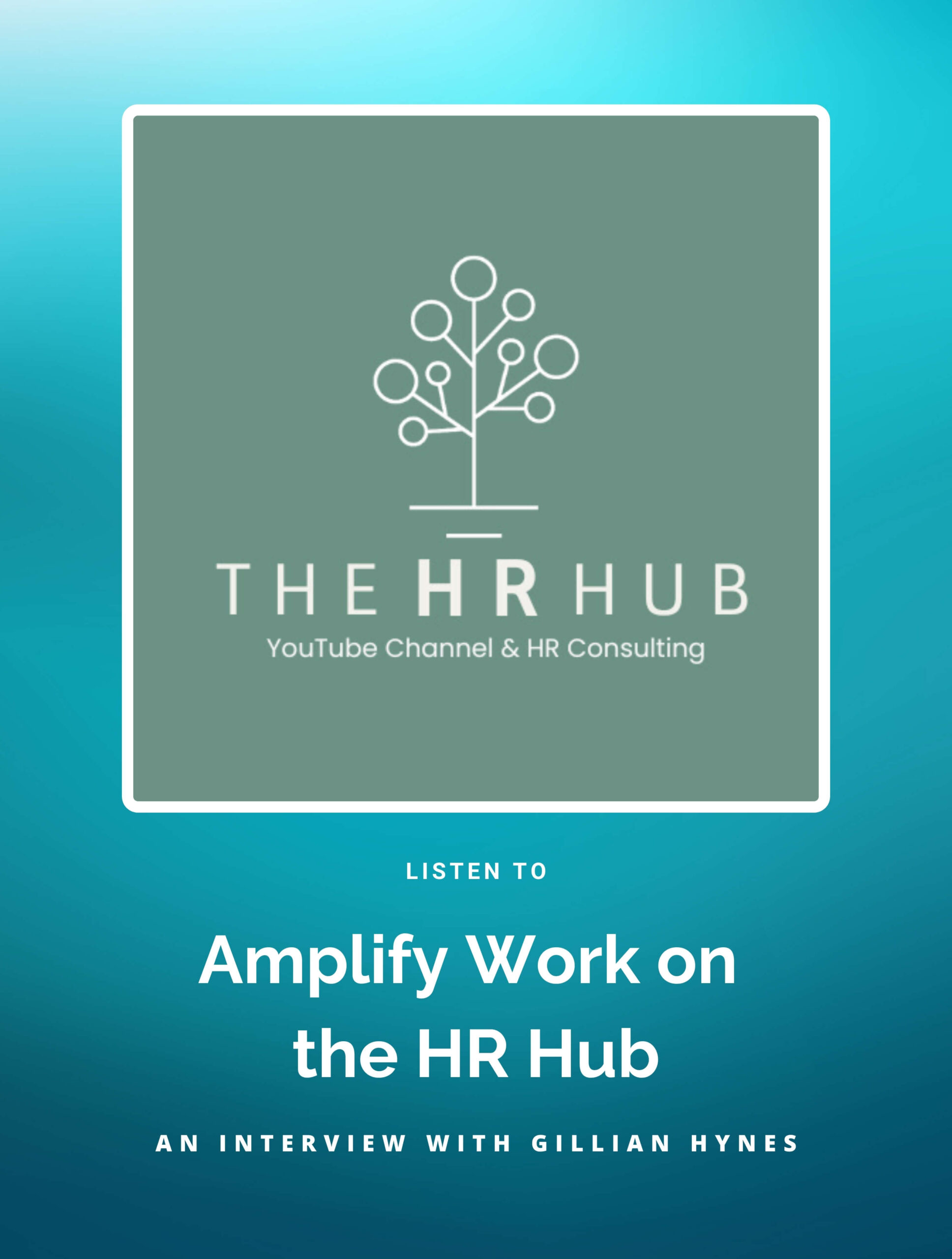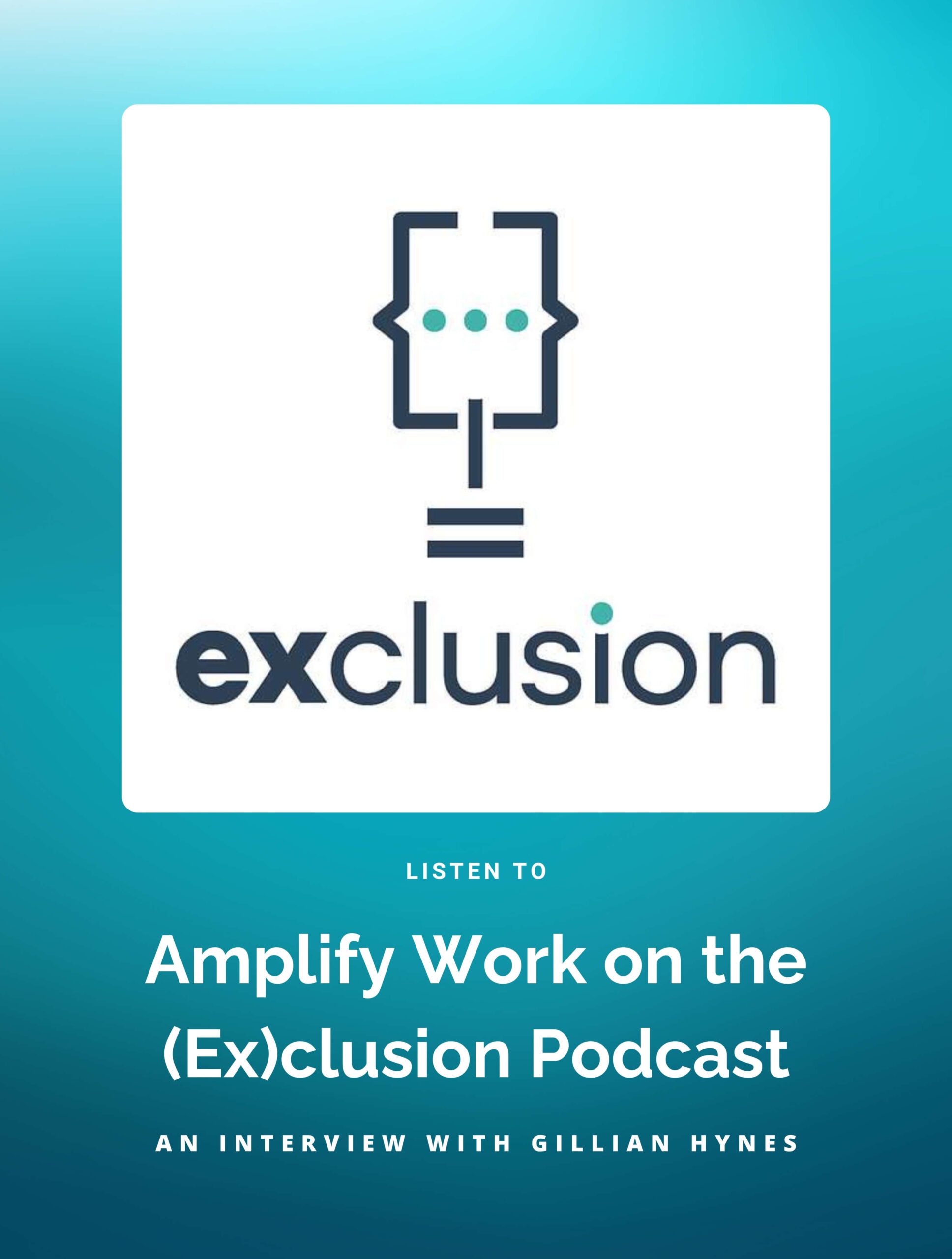
*This video originally featured Gillian Hynes as part of her work with Rise Consulting, where she contributed insights into Indigenous Inclusion and Reconciliation. Now, with Amplify Work, Gillian continues her commitment to advancing Reconciliation in HR practices, sharing insights and actionable steps for fostering inclusive workplaces.
Decolonization in HR
Decolonization is a process of unlearning colonial biases or ideologies, and biases, to challenge these things that impact Indigenous ways of life and perspectives. As Gillian emphasize, HR professionals have the influence, and sometimes the power, to make impactful changes by rethinking Human Resource practices, policies and programs that have been rooted in Western norms.
Decolonization in Practice
There are many ways to decolonize HR practices such as hiring, learning, compensation and benefits, and may other areas. Offering culturally supportive benefits programs can be transformative for Indigenous Peoples in the workplace. Reviewing and expanding Employee Assistance Programs (EAPs) to include traditional practices and trauma-informed supports is a positive step. This should include coverage for traditional medicines, Indigenous-specific therapies and health-care providers, and support for spiritual leaves.
Another area to look at is Performance Management. Western practices emphasize competition and output, in pay-for-performance structures, which can create tension with Indigenous practices of connection and community. HR might consider other performance management processes that value co-creation and collective growth in the reward structures.
Wise Practices in Organizations
Looking at the external landscape, there are examples that we can draw from for decolonized people practices. One example comes from Alderhill Planning, an Indigenous-owned and led company that uses non-hierarchical structures and participatory circle decision making. Western companies like Tolko Industries and KMPG are making strides in culturally supportive Benefits programs, while BMO is focused on creating recruitment and development programs specifically for Indigenous Peoples. These examples demonstrate how integrating Indigenous perspectives can lead to innovation and inclusion.
Employee Benefits of Decolonized HRM
When organizations have the opportunity to learn from Indigenous ways, companies can build a culture of Reconciliation that fosters a plurality of ideas. This makes organizations better, more innovative and ultimately has a positive bottom-line impact.
Read the next article
Read the Prev article
Amplifying People, Transforming Workplaces
We’re the team that partners with you to create workplaces that center people.
Every workplace is one-of-a-kind, and what ties them all together is that people are at the heart of every organization. We are a team of diverse HR, EDI and Reconciliation Practitioners who partner with organizations like yours to create customized, people-focused solutions that foster inclusion, build stronger teams, and create positive impact in the workplace.
Partnering with businesses across Canada, we offer human-centric solutions that drive business growth. Whether it’s through HR fractional or consulting services, strategic EDI plans, or Reconciliation Action Plans and Indigenous Community Engagement, our solutions are customized to meet your organizational goals. We’ll be with you every step of the way to create real, lasting change.
Our team has advanced HR, EDI and Reconciliation Practitioner skills from across a wide range of industries, along with diverse lived experiences. We hold Chartered Professional in Human Resources (CPHR) and International Association for Public Participation (IAP2) designations, ensuring wise practices and leading results.
We offer
Human-Centric Solutions
that drive business growth
Learn about our areas of practice
connect with us on linkedin
Fractional HR Services
On-going, strategic HR Leadership, tailored to your organization’s unique needs, without the full-time commitment.
Learn more
HR Consulting
Project-based HR solutions designed to address your organizational people needs and strategies.
Learn more
Learning and Development
Interactive and impactful learning experiences designed to share knowledge, build skills and inspire change in HR, EDI and Reconciliation practices.
Learn more
Reconciliation and Indigenous Engagement Consulting
Support in fostering respectful relationships with Indigenous communities through authentic community engagement and Reconciliation Action Plan (RAP) development.
Learn more
EDI Consulting
Expert guidance to create and implement equity, diversity and inclusion strategies that advances positive change in your workplace.
Learn more
Keynote and Speaking Sessions
Engaging speaking sessions designed specifically for your audience that spark dialogue on topics in HR, EDI and Reconciliation.
Learn more
Gillian on your team makes your whole team better.
Gillian’s excellence in HR shows up in every team, every organization, every meeting everywhere.
Kelley Lang
I Was Thoroughly Impressed.
Gillian was effective in understanding the First Nations’ needs and she was dedicated to delivering high-quality results.
Desiree Gervais
Gillian Hynes' work has been truly transformative.
Her generosity with her time and guidance in seeking the right perspectives were invaluable.
Nancy Cherniwchan
Gillian is an exceptional visionary leader.
Gillian’s fierce desire to see DEIB a reality gives her clients an edge to be ahead of the curve. I highly recommend Gillian.
Angel Sansregrett
It is with gratitude, respect and reciprocity that we acknowledge Amplify Work was founded in Moh’Kinstsis, Wîcîspa and Guts’ists’i, otherwise known as Calgary to settlers. We recognize the Indigenous Peoples, cultures, homes and oral teachings of the Treaty 7 signatories including the Blackfoot Confederacy, consisting of the Siksika, Piikani and Kainai nations, the Îethka Nakoda Nation, consisting of the Chiniki, Bearspaw and Goodstoney Bands, and the Tsuut’ina Nation. This is also part of the historic Northwest Métis homeland and to the Otipemisiwak Métis Government, Métis Nation District 5 and 6. We acknowledge as a remote team, we may work across many Traditional Territories, and we honour all Territories and Treaties as Treaty People in Canada.

Don't just take our word for it.
Amplify Work